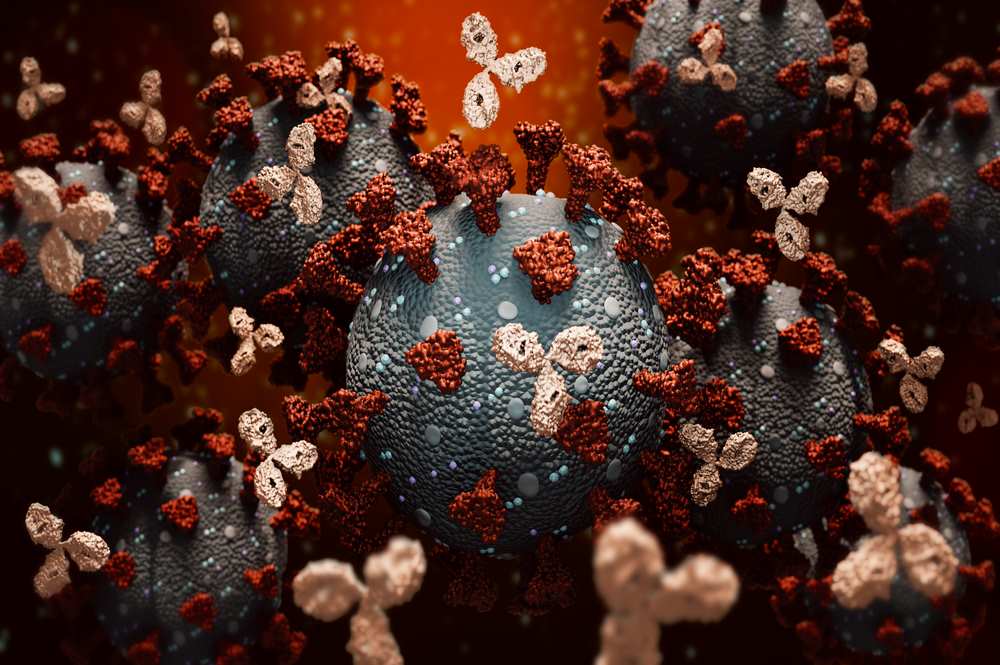Immunotherapy Types

Several types of immunotherapy are in practice for cancer treatment and all of these types work differently. [4] Some immunotherapy treatments aid the immune system to slow down or stop the growth of cancer cells while other destroy cancer cells to further spread all over the body. You can also use immunotherapy treatments in combination with other cancer treatments. Doctors decide the right type of immunotherapy by looking for the dose, type of cancer, drug type, treatment schedule, size of tumor, location of tumor and the degree of cancer progression. Following is the description of different types of immunotherapy treatments:
Monoclonal antibodies or check point inhibitors
Monoclonal antibodies come from laboratory that helps in boosting the immune system to efficiently improve the function of natural antibodies or themselves act as antibodies. Monoclonal antibodies fight cancer in various ways. They block the task of abnormal proteins surrounding the surface of cancer cells and this is known as targeted therapy. While the other ways in which monoclonal antibodies improve the immune system by inhibiting the immune checkpoints. Immune checkpoints are natural gates for the immune system to stop the attacking of normal cells by an immune response. However, cancer cells hide from immune system and activate the immune checkpoints. The checkpoint inhibitors cease the ability of cancer cells to prevent the activation of immune checkpoints and intensify the immune system to kill more cancer cells. Some checkpoint inhibitors can focus on certain genetic mutations to treat tumors and are known as tumor-agnostic treatments. Some examples of immune checkpoint inhibitors are:
- Nivolumab
- Duravalumab
- Avelumab
- Atezolizumab
- Ipilimumab
